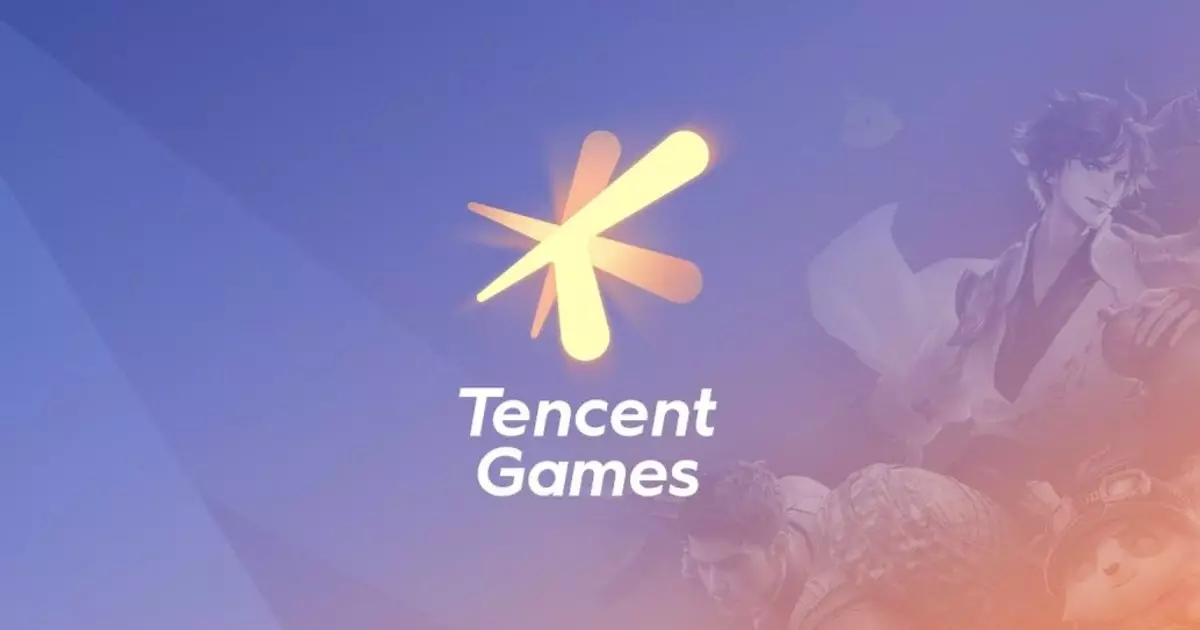In a rapidly evolving landscape of international relations, the intersection of technology, military concerns, and commerce has become increasingly complex. A recent incident illustrates this tension as Tencent, the Chinese video game giant recognized for its significant ownership stake in several prominent gaming entities like Riot Games and Grinding Gear Games, found itself labeled a military company by the U.S. federal government. This designation has not only broader implications for Tencent but also raises questions about the future of international business and regulatory standards in the tech sector.
The U.S. government’s action stems from a broader counter-strategy aimed at mitigating perceived risks associated with Chinese firms that may have close ties to the military apparatus. The list, known as the Chinese Military Company List (CMC List), categorizes firms that purportedly support military practices through technological advancement. The designation implies that these companies might play a role in the military-civil fusion strategy that the U.S. defense department fears could enhance China’s military capabilities through civilian research and development initiatives.
Tencent has publicly contested this categorization, arguing that it suffers from a significant misunderstanding. The company’s higher management, led by chairman Ma Huateng, has asserted that their operations bear no relation to military endeavors, thereby emphasizing their focus on entertainment and technology. The legal ramifications of such a designation could be monumental, impacting not only Tencent’s reputation but also its viability in international markets.
In light of the severe implications of its designation, Tencent has opted to pursue rectification through a multi-pronged approach. Their public statements have conveyed a strong willingness to engage in discussions with the U.S. Department of Defense, indicating a desire for diplomatic resolution over punitive action. The company has articulated its readiness to initiate a reconsideration process, which allows for an examination of the evidence that led to its inclusion on the list.
Moreover, Tencent has signaled its readiness to escalate matters legally if amicable discussions fail. This legal framework highlights the company’s determination to protect its interests and safeguard its operational integrity. The potential for legal proceedings over a designation of this nature could set a precedent for other companies facing similar challenges, particularly within the tech sector.
The implications of this designation extend well beyond Tencent. The tech industry, especially within the gaming sector, might experience shifts in corporate partnerships, cross-border collaborations, and investment opportunities. A lingering stigma associated with being labeled a military entity could stifle a company’s ability to attract investors or work with international partners, dampening overall growth prospects.
Additionally, the case raises significant concerns regarding transparency in international trade. Stakeholders might feel compelled to scrutinize their engagements with any Chinese technology firm to avoid being drawn into similar predicaments. This tension could catalyze a wider reassessment of existing supply chains and partnerships, leading to a chilling effect on collaboration and innovation.
As Tencent prepares to navigate this legal and diplomatic challenge, the outcome will likely influence its operational strategies and overall stability. If successful, the resolution could illuminate pathways for cooperation and engagement between American and Chinese firms amid heightened tensions. Conversely, a protracted conflict may deepen divides and solidify barriers between the two markets.
Ultimately, the interplay between technology and defense strategies poses a formidable challenge that will require careful negotiation and mutual understanding. In the absence of constructive dialogue, the potential fragmentation of the tech industry and international markets could emerge, reshaping how businesses operate and engage in the global landscape. More than just a company in limbo, Tencent’s situation represents a critical juncture in the evolving narrative of tech and military realities in an increasingly polarized world.

